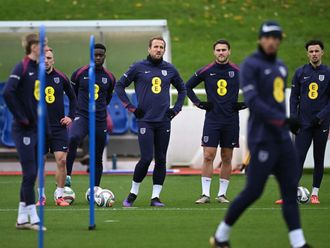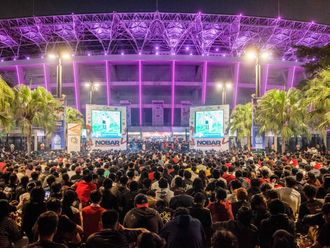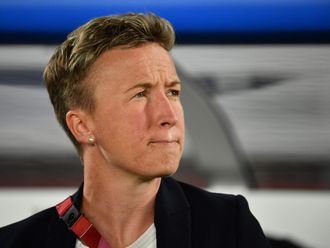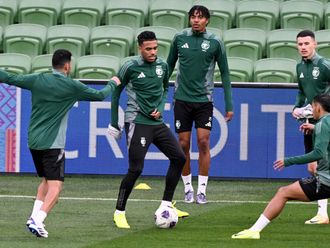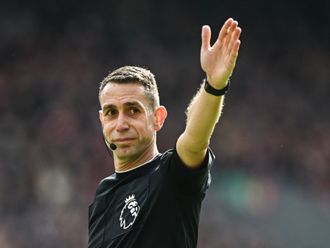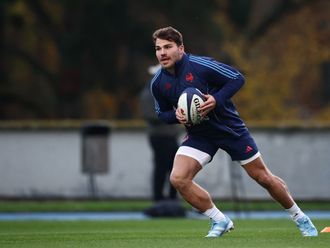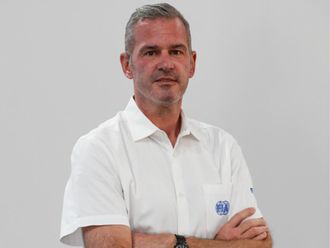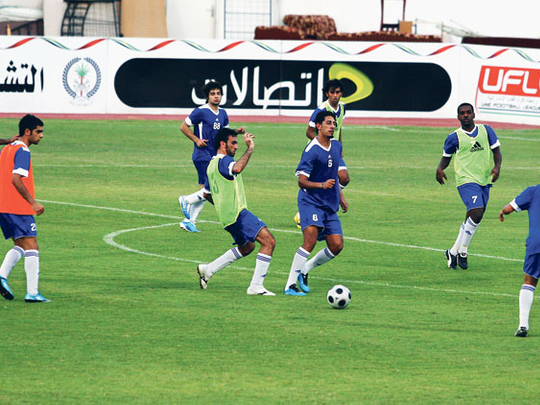
Dubai: With their chairman resigning just weeks before the start of the season it could well be another bumpy ride for Sharjah.
With a nickname like ‘The Kings', it's no surprise that Sharjah Club has a royal reputation when it comes to local football. Having won the inaugural UAE league title in 1973/74 they went on to lift the championship a further four times, their last being in 1995/96.
They have one Super Cup (Charity Shield) in 1994/95 and a record eight President's Cups (FA Cup), the last of which, was lifted in 2002/03. Established in 1966 under the name Al Orouba Club it merged with Al Khaleej (later re-established) in 1974 and officially became known as Sharjah in 1978, incidentally that was the same year that the former Wimbledon and Newcastle United coach Joe Kinnear took charge.
The Irishman remains one of the highest profile names to have been with the team who also go by the alias ‘The White Bees'.
Enviable past
Such was the success of the club in the '80s and '90s that the 23-man UAE national squad, which made it to the 1990 World Cup finals in Italy, had nine Sharjah players.
They also claim to have more winning matches than any other team in the UAE, which considering their most recent form must be an accolade that's soon to run out.
The best they've done in the league over the past decade has been fourth in two consecutive seasons in 2006/07 and 2007/08 but they followed this up with a tenth place in the year to follow, narrowly avoiding relegation in the first year of league professionalism.
Refusing to play in the AFC Champions League in order to concentrate on their domestic plight did wonders for their relegation dogfight but soured the image of the club throughout the continent and left them with a fine of Dh1.5 million in compensation to the teams they failed to show up against.
Controversy once more struck the club, when players Mohammad Najeeb, Fayez Juma and his brother Mousa Juma were sentenced to death for murder in 2009, Fayez was later acquitted, but the other two await execution.
With such a past, the club was looking toward a less unstable future under chairman Yahya Abdul Karim's leadership, but he quit less than a month away from the season start throwing the club into disarray.
Abdul Karim had done well to spearhead sustainability and professionalism at the club both on and off the pitch with the view for greater community and expat youth involvement.
He kept coach Manuel Cajuda on board despite a slump last season and the move pulled off with Sharjah finishing sixth last season, four places up from the season before.
They now aim to jump another four places.
However, it remains to be seen how they do this without their trusted chairman.


